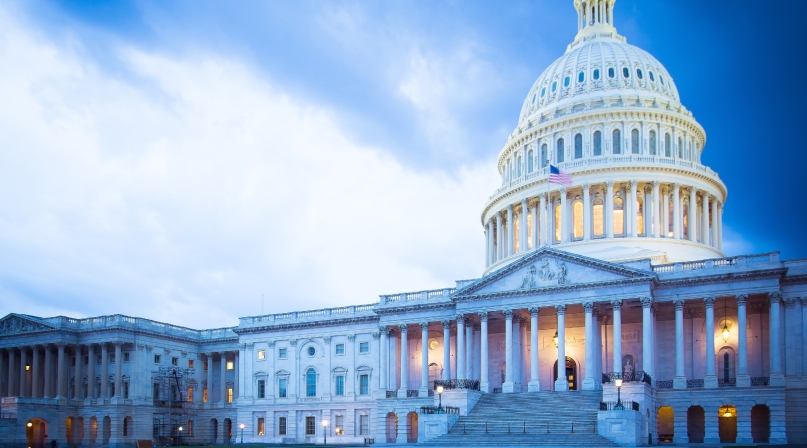TAKE IT DOWN Act signed into law
Author

Seamus Dowdall

Emma Conover
Upcoming Events
Related News

Key Takeaways
On May 20, President Trump signed the TAKE IT DOWN Act (S.146) into law. The bipartisan bill, which was endorsed by NACo alongside more than a hundred other organizations ranging from technology companies and law enforcement entities to victim advocacy organizations passed in the U.S. House of Representatives with a vote of 409-2 in April, and passed in the Senate by unanimous consent in February.
Introduced by Sen. Ted Cruz (R-Texas) and Sen. Klobuchar (D-Minn.) in the Senate, and Reps. Maria Elvira Salazar (R-Fla.) and Madeleine Dean (D-Pa.) in the House, the Tools to Address Known Exploitation by Immobilizing Technological Deepfakes on Websites and Networks or “TAKE IT DOWN” Act criminalizes non-consensual intimate image-sharing on digital platforms, including explicit deepfake images. Counties support this legislation as it establishes new remedies to support victims’ efforts to remove non-consensual intimate images from digital platforms, while providing safe harbor for local law enforcement to conduct criminal investigations into the dissemination of such content.
What is included in the TAKE IT DOWN Act?
The TAKE IT DOWN Act requires online platforms to remove non-consensual intimate images, whether authentic or computer generated, within 48 hours of a report made by a victim. The Federal Trade Commission (FTC) is provided oversight and enforcement authorities for ensuring digital platforms comply with the new requirements under the legislation.
The TAKE IT DOWN Act furthermore criminalizes the publication of non-consensual intimate imagery in interstate commerce. While nearly every state has existing legislation against non-consensual image imagery, the TAKE IT DOWN Act is unique in making the publication of these images a federal crime.
The TAKE IT DOWN Act also includes good faith provisions to permit the disclosure of non-consensual intimate images to local law enforcement who can aid investigative efforts to identify perpetrators.
What is the county perspective?
The issue of the non-consensual distribution of intimate images on digital platforms has been a problem that has previously evaded federal authorities through a lack of sufficient statute to compel digital platforms to remove such content. The issue of this content proliferating on the internet has recently become compounded by the innovations of technologies such as generative AI, which have enhanced the capabilities of deepfake imagery generation which are broadly accessible to the public, including bad actors.
The TAKE IT DOWN Act provides expanded legal remedies for victims by establishing authorities at the FTC to compel platforms to adhere to content appeal and removal procedures. The bill also ensures safe harbors for local law enforcement to deal with materials in pursuit of seeking justice against perpetrators of these crimes, thus increasing a county’s ability to offer resources and support for victims of distribution of non-consensual intimate images.
Now that the bill has been signed into law, digital platforms have one year to establish appeal and removal processes. NACo will continue to monitor this issue and provide additional updates as needed.
Resource
AI County Compass: A Comprehensive Toolkit for Local Governance and Implementation of Artificial Intelligence



